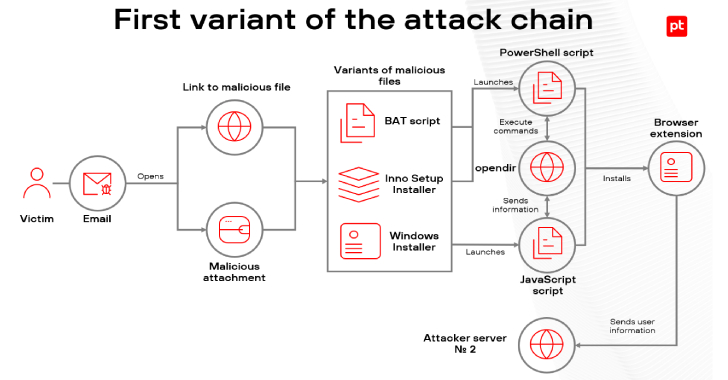
Why You Shouldn’t Ignore ERP/WMS Redeployment
Imagine a bustling factory. Workers are producing at their peak, machines humming in the background, and products are flying off the shelves. But there’s a catch: their production software, the nerve center of their operations, is from the previous decade. As a result, there are inefficiencies, delays, and missed opportunities.
ERP (Enterprise Resource Planning) and WMS (Warehouse Management System) systems are much like the nervous system of any organization. When they’re current, optimized, and fully utilized, they enable a business to run smoothly and competitively. However, as the business landscape changes, so do the needs and demands of your ERP and WMS. That’s where redeployment comes into play. Redeploying isn’t about reinventing the wheel but rather optimizing the systems you have in place to better align with current business requirements.
Increased Business Complexity
Most organizations grow over time, introducing new products, entering new markets, and navigating an ever-shifting regulatory environment. As this happens, your original ERP and WMS setup might not accommodate these complexities efficiently. Redeployment allows you to tweak your systems in ways that can handle these nuances, ensuring that every part of your business remains integrated and functioning harmoniously.
For example, the e-commerce boom of the last few years has placed new demands on warehousing and logistics. A redeployed WMS could bring improved picking methods, real-time inventory tracking, and more efficient order processing, which can be crucial in an environment where next-day or even same-day delivery has become the norm.
Shifting Technological Landscape
The world of technology is not static. New advancements, from AI to IoT devices, emerge regularly, offering opportunities for businesses to optimize operations. By ignoring the need to redeploy your ERP and WMS, you might miss out on leveraging these technological advancements.
Consider the potentials of integrating AI into your ERP system. Predictive analytics could help you foresee market changes, while machine learning algorithms might optimize your supply chain by predicting potential disruptions. All of this becomes possible with a well-considered redeployment.
Enhanced Security
Cybersecurity threats evolve rapidly. What was secure five years ago might now be a vulnerability. A critical reason for considering ERP and WMS redeployment is to ensure that your systems are not only updated with the latest features but also equipped with the most recent security protocols. Remember, a security breach can be devastating both in terms of finances and reputation.
Cost Savings in the Long Run
There might be a notion that redeployment requires substantial investment. While there are costs involved, the long-term savings due to increased efficiencies, reduced errors, and improved productivity can far outweigh the initial outlay. Ignoring redeployment could result in operational inefficiencies that bleed resources and money over time.
Enhanced User Experience and Training
As the workforce gets younger, new employees might find it challenging to work with outdated systems. Modern ERP and WMS systems come with user-friendly interfaces and intuitive functionalities. Redeploying your systems can mean smoother onboarding processes for new hires and less time spent on troubleshooting and support. This not only reduces training costs but also improves employee satisfaction.
Future-Proofing Your Business
No business operates in isolation. Whether it’s suppliers, customers, or regulatory bodies, external entities often require data exchanges and interactions with your ERP and WMS. A modern system ensures that these interactions are seamless and compliant with current standards. As more businesses adopt newer technologies, staying updated prevents potential integration challenges down the line.
In Conclusion
The business environment, technology, and user expectations have undergone rapid shifts in the last few years. Sticking to an outdated ERP or WMS system can be a silent drain on resources and a cap on potential growth. Redeployment isn’t merely a technical task—it’s a strategic move to keep the organization nimble, secure, and competitive in an evolving marketplace.
Taking the step to evaluate and possibly redeploy your ERP or WMS isn’t a sign of past mistakes, but rather a forward-thinking approach to ensuring your business continues to operate at its peak. After all, in the world of business, adaptation isn’t just about survival—it’s about thriving.
Contact Cyber Defense Advisors to learn more about our ERP/WMS Redeployment solutions.




